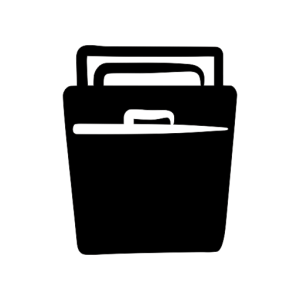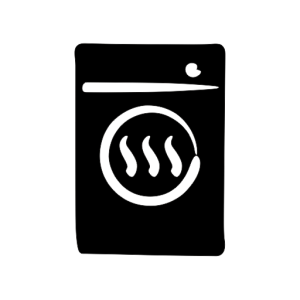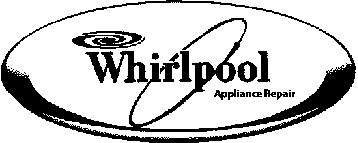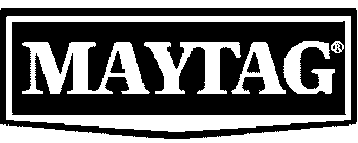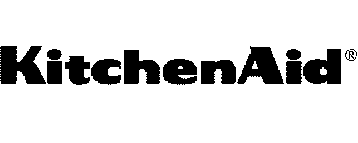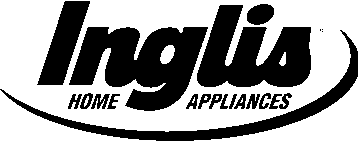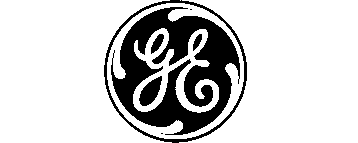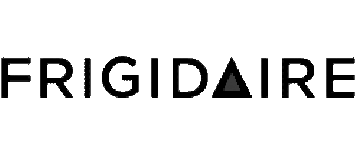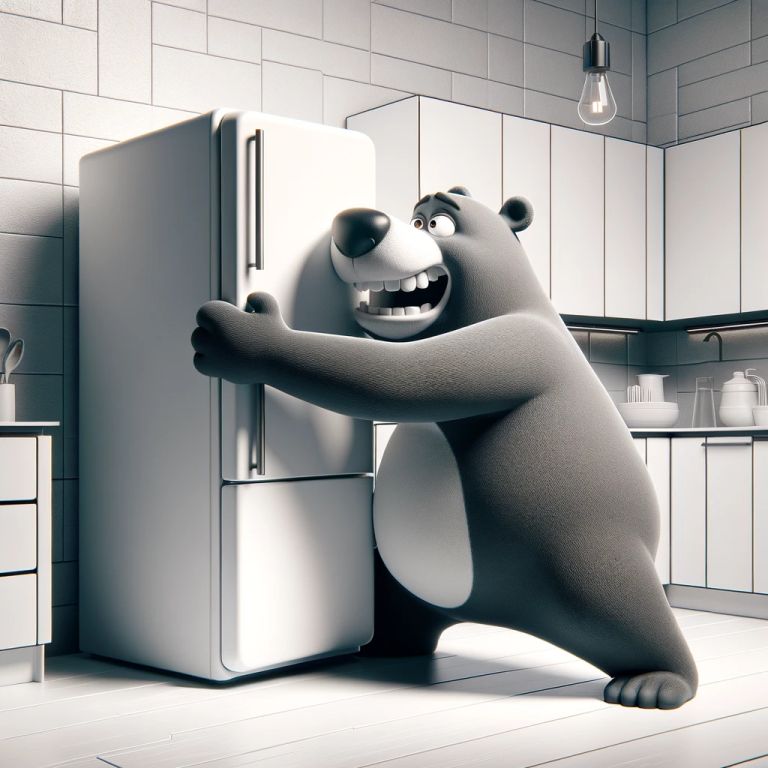Elements over Heating
Overheating elements in kitchen appliances such as ovens, stoves, or cooktops are not just inconvenient; they pose significant safety risks and can affect cooking efficiency. Whether you’re dealing with an electric stove burner that gets too hot or an oven element that overheats, understanding the causes and how to address them is crucial. This guide dives into why elements might overheat and offers practical steps to resolve this issue, aiming for safer and more reliable appliance performance.
Why Do Elements Overheat?
1. Faulty Thermostats or Regulators: For ovens and electric stoves, the thermostat or regulator controls the temperature. If this component fails, it may cause the element to overheat.
2. Issues with the Control Switch: The control switch on a stove can malfunction, leading to continuous high power and overheating.
3. Wiring Problems: Faulty or damaged wiring can lead to improper electrical flow, causing elements to overheat.
4. Blockage or Poor Ventilation: In ovens, blocked or poor ventilation can trap heat, leading to overheating of elements.
Troubleshooting and Solutions for Overheating Elements
Check the Thermostat or Temperature Regulator
Diagnosis: Use an oven thermometer to check the accuracy of the oven's temperature against the setting. For stoves, observe if the heating adjusts with the control settings.
Solution: If discrepancies are found, replacing the thermostat or regulator is necessary. This task might require professional assistance for accuracy and safety.
Inspect the Control Switch
Diagnosis: For stoves, if an element overheats regardless of the setting, the issue could be with the control switch.
Solution: Replacing the faulty control switch can resolve overheating issues. Due to the complexity of electrical components, consider seeking professional help.
Examine Wiring and Connections
Safety First: Always disconnect power before inspecting electrical components.
Diagnosis and Solution: Check for any signs of wear, damage, or loose connections in the wiring. Damaged wiring should be replaced by a professional to prevent overheating and ensure safety.
Ensure Proper Ventilation
Ovens: Regularly clean vents and ensure no cookware or foil blocks them. Proper airflow helps regulate temperature and prevent element overheating.
Stove Tops: Ensure overhead vents or range hoods are functioning correctly to help dissipate heat.
When to Seek Professional Help
If you’re uncomfortable performing these checks or if troubleshooting does not resolve the overheating issue, it's time to consult a professional. An experienced technician can safely diagnose and repair problems related to electrical components, thermostats, and internal wiring, ensuring your kitchen appliances operate safely and efficiently.
Conclusion
Elements overheating in your kitchen appliances can be a cause for concern, but with the right approach, many issues can be identified and resolved. Regular maintenance, such as cleaning and checking for proper ventilation, along with timely repairs of faulty components, can prevent overheating problems. Always prioritize safety by seeking professional repairs for complex electrical issues, ensuring your cooking appliances remain reliable and safe for everyday use.
